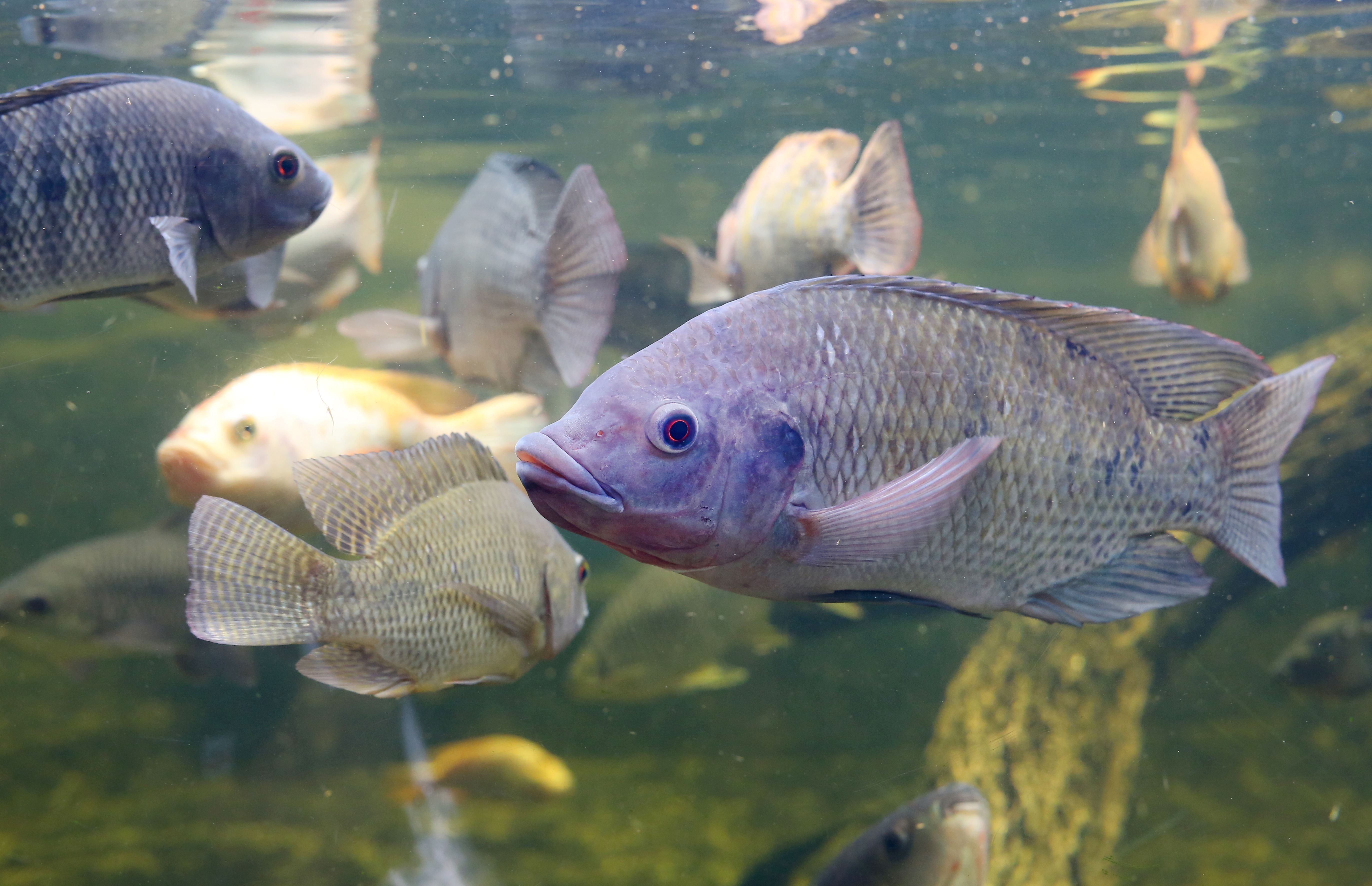Probiotics in aquaculture are benefitting both animal and human health
Disease outbreak is a major challenge in aquaculture, and using certain treatments leads to drug bioaccumulation in fish and development of antibiotic resistant bacterial strains.
Credit: Zilvergolf/Adobe Stock

Aquaculture, the production of aquatic organisms under controlled conditions, is an important food producing sector for many countries around the world.1 It can fulfill a growing global population’s nutritional food demands, while having a smaller demand on natural resources compared to other sources of animal protein.2
Disease outbreak is a major challenge in aquaculture, and it is well known that using antibiotics leads to drug bioaccumulation in fish and the development of antibiotic resistant bacterial strains. Antibiotic-resistant bacteria and their antimicrobial resistance genes can spread from aquatic to terrestrial animal husbandry to human environments, causing detrimental effects on human, animal, and aquatic ecosystem health.
In 2008, the World Health Organization suggested probiotics for aquaculture use and as an environmentally friendly method to prevent disease. Throughout years of use and research in aquatic animals, probiotics have been associated with improved growth performance, disease resistance, immune function, epithelial barrier integrity, and an increase in beneficial microbes in the animal gut and surrounding water.
Probiotics have multiple mechanisms of actions to produce these health benefits such as the following:
- Lactic acid producing bacteria belonging to the Firmicutes phylum have shown to colonize the fish intestinal mucus, where they assist in the processing and uptake of feed, promoting fish growth.
- Pediococcus acidilactici bacteria are bioactive against common fish pathogens because of their bacteriocin production, improving disease resistance.
- S. putrefaciens Pdp11 can modulate fish intestinal microbiota and expression of immune-related genes during high-stocking induced stress, improving immune function.
Other suggested mechanisms of action include antagonistic activity against pathogens; adhesion site competition; contribution to macro and micronutrients; competition for nutrients, chemicals, or energy; and reduction of virulence through quorum sensing manipulation.
All these benefits are important discoveries when it comes to curbing the use of antibiotics in aquaculture. The use of probiotics is promising not only for the aquaculture industry and the health of the animals, but also in minimizing the spread of antibiotic resistant bacteria to humans. Continued research should be done to determine proper selection and efficacy of the probiotic strain(s) needed for achieving optimal results in fish and minimal impacts in humans.3
Aboli Ghatpande is a 2022 PharmD candidate at the University of Connecticut in Storrs.
References
- Farming: agriculture. US Department of Agriculture. Accessed March 15, 2022. https://www.usda.gov/topics/farming/aquaculture
- Bourne JK. How to farm a better fish. National Geographic. Accessed March 15, 2022. https://www.nationalgeographic.com/foodfeatures/aquaculture/
- El-Saadony MT, Alagawany M, Patra AK, et al. The functionality of probiotics in aquaculture: An overview. Fish Shellfish Immunol. 2021;117:36-52. doi: 10.1016/j.fsi.2021.07.007.